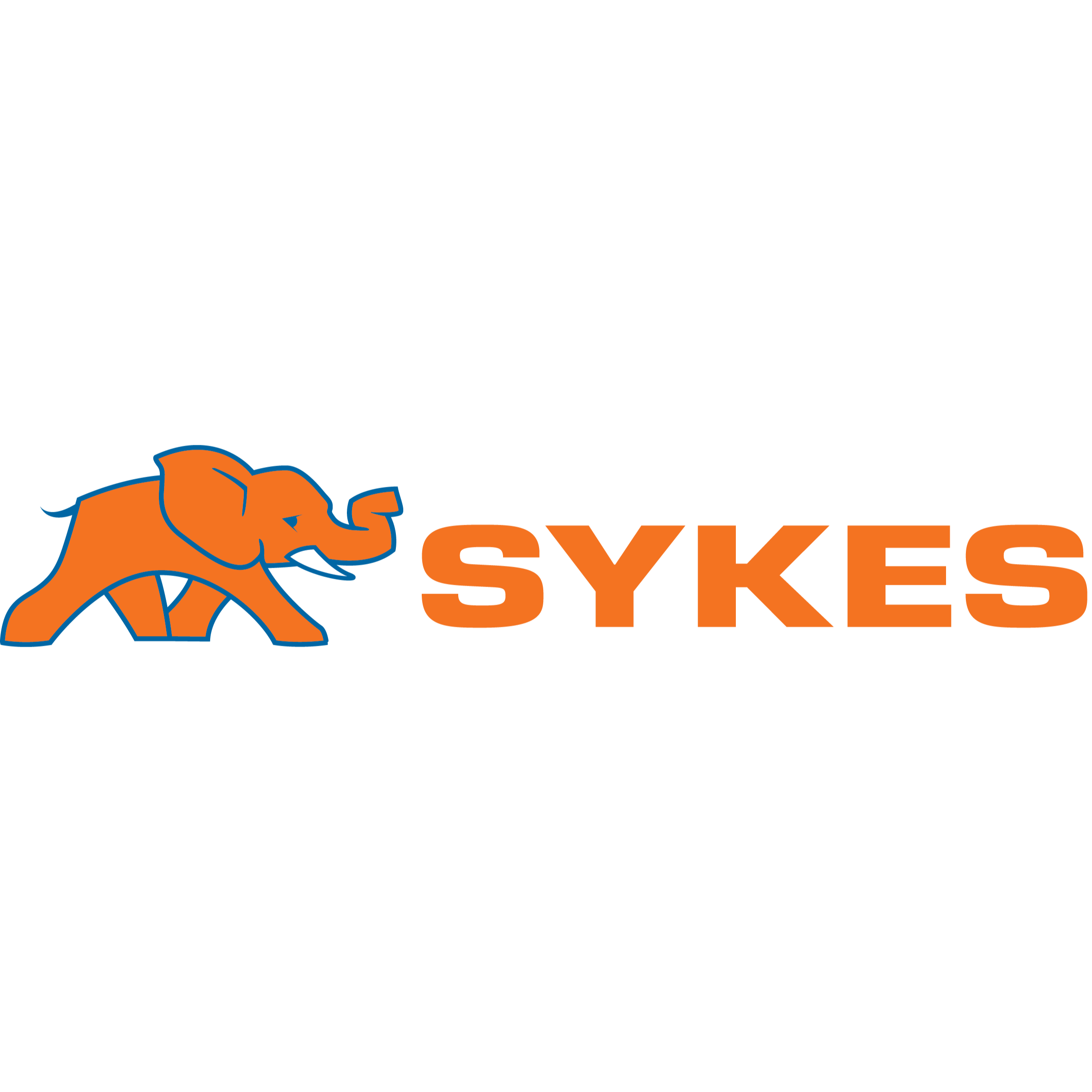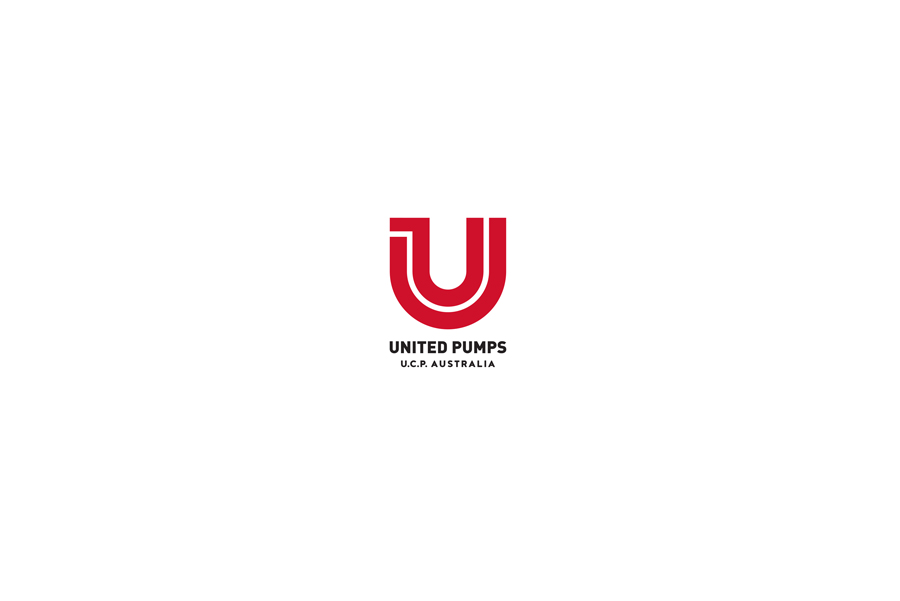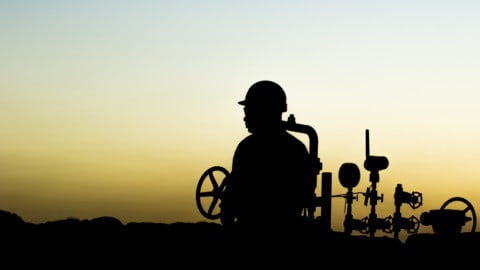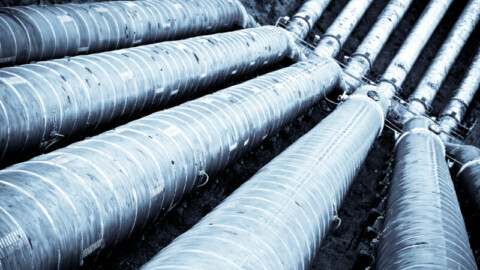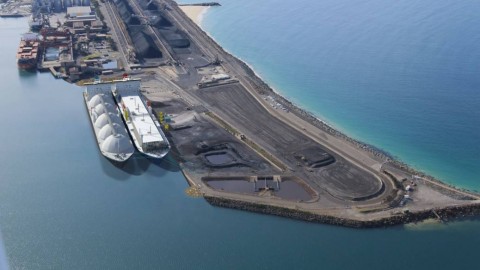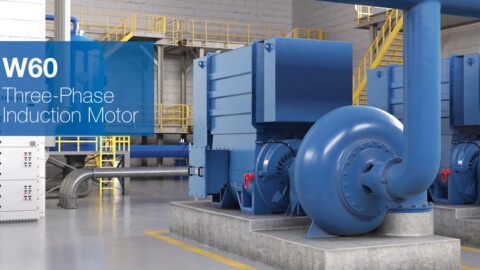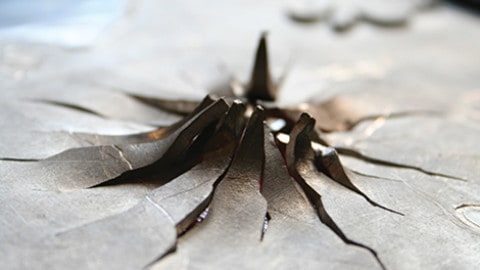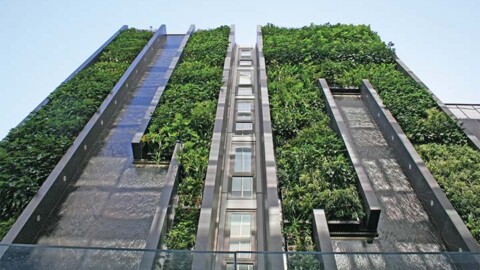The decline in manufacturing in Australia has been the most fundamental change affecting the pump industry in the past generation, and one of the most fundamental changes across the entire economy. Recent news of plant closures for Ford and Glaxo Smith Kline, among others, further confirms the difficulties faced by this sector. The pump industry has been transformed by these changes, and in the place of manufacturers many representative and service companies have emerged. However, there are still some companies who maintain a strong manufacturing base in Australia and we take this opportunity to speak with them.
Those continuing to manufacture locally range from large-scale operations as seen at companies like Weir Minerals and Mono NOV, to smaller specialised manufacturers such as United and Sterling making customised solutions. All these companies see their local capacity as a distinct advantage.
Rather than trying to compete on price, Australian manufacturers are focussed on quality, reliability, expertise and after-sales service.
According to Anton Merry of Sterling Pumps, “because of the specialised nature of our product there are not many manufacturers globally. Our customers want to work directly with the manufacturer to develop the correct specification and supply for their project.”
Ron Astall of United Pumps highlighted being able to respond rapidly to customers requirements and having the flexibility to design and manufacture special items to order rather than relying on the output of an overseas factory. He noted that customers “really appreciate being able to obtain local support and talk directly to the manufacturer’s team.”

A Melbourne manufactured, United API 610 double case refinery crude charge pump for a Philippines Oil Refinery with a force feed lube oil set.
This was echoed by Michael Bate of Batescrew, saying “They can pick up the phone and speak with the designer, manufacturer and repairer. Being close means we’re handy for extras and changes to supply contract, as well as being able to repair what we manufacture.”
Maurice Calderon of NOV Mono agreed that aftermarket support – “to know that they are dealing with the manufacturer, who can turn over product quickly enough when it needs repair or needs to be sourced” – was key and that customers prepared to pay a premium for that level of service.
According to Julie Truss – Product Manager, Slurry Pumps at Weir Minerals “Manufacturing Warman pumps in Australia allows us to receive quicker feedback from customers to our Australian based engineering and design teams to make any alterations or improvements as required. Local R&D trial development, employee retention, job creation, lead-time and on time delivery are differentiators for us, all enabled due to our local manufacturing facilities.
“Most importantly, manufacturing locally allows Weir Minerals to ensure the highest safety standards are met, including our zero harm policy for all employees, while ensuring that our manufacturing practices meet and exceed environmental standards and expectations.
“All Weir Minerals products are developed and manufactured to the highest possible standard, regardless of where they are produced, however our local customers do enjoy shorter lead times and a greater level of customisation and quality guarantee on Australian manufactured products.
“By basing our manufacturing and service centres locally to the major mining regions, we are able to quickly and easily respond to urgent requests, eg. emergency shutdown, and project variations as the customer requires them. One other benefit of local manufacturing is that our customers are welcome to visit our pump manufacturing facilities and inspect the product through all stages of development, build and testing.”
Challenges
Everyone I spoke to was distinctly aware of the challenges, with the high Australian dollar and other local costs such as the impact of government regulation, energy cost, labour costs, transportation costs and the availability of skilled labour all being mentioned.
The challenge from overseas markets is clear, with both Asian and US markets representing a threat. According to Merry, “Australia has an innovative and flexible manufacturing industry that attracts customers, but they are being pushed back to US suppliers on a cost basis” Astall agreed, saying “We need to maintain a point of differentiation through better products and/or better support. The large overseas factories will always have an economy of scale advantage for relatively standard products.” KSB highlighted the challenge from cheap yet unreliable imports from Asia.
Another key challenge is as more manufacturing moves offshore, it is becoming harder for remaining manufacturers to source needed items.
According to Calderon, “items that we used to source from local vendors, such as castings and electrical components have now moved offshore, so we now need to create a new supply chain to better anticipate future demand and stock accordingly.”
Bate agreed that the dwindling supply of critical items, lack of basic bar stocks as agents no longer hold stock was a problem.
Solutions
The pump industry has plenty of clear and constructive suggestions for what can be done.
Merry said that, “ A drop in the AUD would be a big help. Skilled labour is hard to find both in the trades and engineering. We need to train more people in Australia and we need a better training cost structure and incentive for manufacturers to take on apprentices and graduates.”
The loss of skilled workers was also a concern for Bate who emphasised the need to stem the tide of baby boomers giving up business and not handing over to the upcoming generation.
Astall highlighted the need to “educate our customers to appreciate the genuine advantages and equipment life cycle savings that flow from local support.”
Other suggestions included a better government support for small to medium Australian owned manufactures, including encouraging Australian business and government authorities to purchase Australian made, particularly the loopholes which often leave local manufacturers locked out of major projects. One suggestion from KSB was to institute a points system for local content when evaluating tenders.
Calderon says that, “If Australia needs to define itself as a country that is to pursue manufacturing, then we are not going to win on cost leadership, Asia has long won that, we need to focus our attention on absolute innovation, cutting edge technology and adding value to what we do well.”
He said that if we can do this we can “charge a premium, maintain a presence and continue to produce and innovate. Once you take that offshore, the expertise is lost.”
While none of the companies I spoke to suggested bringing back tariffs, some of the industry pioneers still lament this change. However Calderon rejects this, “Tariffs isolate you from the world, often innovation comes from accessing resources overseas and reconfiguring them.”
Exports
Many local manufacturers have also had success exporting their products and expertise.
Sterling exports to Korea, Indonesia, Malaysia, Singapore and several other countries. Sterling Australian manufactured pumps are now installed in many process plants, FPSO and oil and gas platforms.
A recent significant project for Sterling was the design manufacture and supply of 3 super duplex service water pumps 185kw 6.6kv to a significant now FPSO manufactured in Malaysia.
According to Merry, “this type of pump poses many engineering challenges, and we are proud to be one of only a handful of companies in the world to be able to design and manufacture this specialised equipment in house as a complete unit.”
Weir Minerals exports locally manufactured products throughout the world, including Asia, with sales in the region making up to 20 per cent of our total sales. They also export to other Weir Minerals locations in Chile, Brazil, UK, USA, South Africa, Russia, China and Europe. Throughout the last few years, they have been supplying large quantities of equipment for international projects, including their largest ever single pump order worth over US$16 million for the Taganito Nickel Project, Philippines.
United Pumps exports to New Zealand, PNG, SE Asia, with Astall noting “most of our success in SE Asia has been due to our ability to custom engineer solutions that the larger overseas companies do not want to address or cannot be bothered with due to the small local market size.”
Batescrew exports according to contracts won from different countries, “Malaysia flood mitigation has been an ongoing outlet for our pumps”.
NOV Mono’s solar pumps are exported all around the world including to Africa, Asia and the Americas.
The future
Despite the challenges, people were generally optimistic about the future. While some companies expected the maintain the same levels of manufacturing, others were predicting growth, but none expect to go backwards.
“Sterling intends to strengthen its Australian manufacturing base. We have invested heavily in CNC machinery, purpose built manufacturing facilities and testing facilities. We see a great future in Australian pump design and manufacture”
United Pumps, Batescrew and NOV Mono all agreed they expect to continue to manufacturing more in Australia.
About our interviewees
Batescrew
Batescrew manufactures completely in Australia and products include Axial Flow Pump and Lineshaft driven turbines and Channel Control Gate Valves. Batescrew employs 32 people with eight apprentices
KSB
KSB is a multi-national organisation and employs approximately 16,000 permanent staff across the globe. Their workforce in Australia is approximately 140 strong. They do not manufacture any pumps locally any more but produce solutions ie., complete skid mounted pump packages with their own range of centrifugal pumps supplied from all over the world.
NOV Mono
NOV Mono manufactures a range of pump equipment, specialising in progressive cavity pumps and solar pumps and employs 150 people locally
Sterling Pumps
Manufactures submersible pumps and motors, and vertical turbine pumps. Specialising in Super Duplex and Zeron 100. Sterling employs 18 people, all with specialist skill sets.
United Pumps
United manufactures Custom Engineered Centrifugal pumps for the oil & gas industries and employs 35 people
Weir Minerals
Weir Minerals is a global company that manufactures many quality products around the world. We maintain a strong local presence in our several Australian manufacturing facilities, where we produce Cavex® Hydrocyclones, Vulco® Mill Linings, Linatex® Screen Media, Linatex® Hose, and Aspir™ Centrifuges. To this day, Warman® Centrifugal Slurry Pumps, first developed in Kalgoorlie, Western Australia in 1938, are still designed and manufactured in locally.
Weir Minerals employs approximately 1,000 staff locally.




